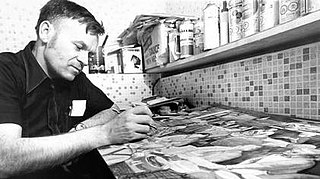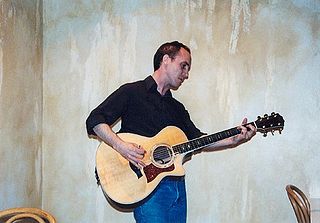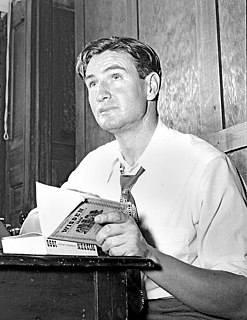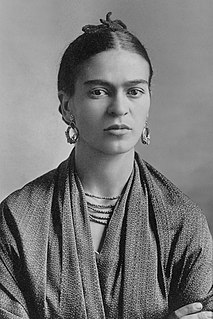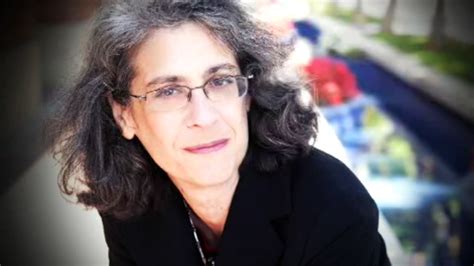A Quote by William Kurelek
The Maze is a painting of the inside of my skull, which I painted when I was in England as a patient in Maudsley and Netherne psychiatric hospitals. It is a story of my life, well in the sense that people tell stories by the fireplace to entertain their guests, trying to make them accept you. In this case I wanted to be accepted, as an interesting specimen.
Related Quotes
We read novels because we need stories; we crave them; we can’t live without telling them and hearing them. Stories are how we make sense of our lives and of the world. When we’re distressed and go to therapy, our therapist’s job is to help us tell our story. Life doesn’t come with plots; it’s messy and chaotic; life is one damn, inexplicable thing after another. And we can’t have that. We insist on meaning. And so we tell stories so that our lives make sense.
I always find myself gravitating to the analogy of a maze. Think of film noir and if you picture the story as a maze, you don't want to be hanging above the maze watching the characters make the wrong choices because it's frustrating. You actually want to be in the maze with them, making the turns at their side, that keeps it more exciting...I quite like to be in that maze.
A Christian marriage is [not] one with no problems or even a marriage with fewer problems. (It may well mean more problems.) But it does mean a life in which two people are able to accept each other and love each other in the midst of problems and fears. It means a marriage in which selfish people can accept selfish people without constantly trying to change them -- and even accept themselves, because they realize personally that they have been accepted by Christ.
We can tell people abstract rules of thumb which we have derived from prior experiences, but it is very difficult for other people to learn from these. We have difficulty remembering such abstractions, but we can more easily remember a good story. Stories give life to past experience. Stories make the events in memory memorable to others and to ourselves. This is one of the reasons why people like to tell stories.
We are shaped by stories from the first moments of life, and even before. Stories tell us who we are, why we are here, and what will become of us. Whenever humans try to make sense of their experience, they create a story, and we use those stories to answer all the big questions of life. The stories come from everywhere--from family, church, school, and the culture at large. They so surround and inhabit us that we often don't recognize that they are stories at all, breathing them in and out as a fish breathes water.
The very act of story-telling, of arranging memory and invention according to the structure of the narrative, is by definition holy. We tell stories because we can't help it. We tell stories because we love to entertain and hope to edify. We tell stories because they fill the silence death imposes. We tell stories because they save us.
I disagreed with the way the court applied the Second Amendment in Heller's case, because what the District of Columbia was trying to do was to protect toddlers from guns and so they wanted people with guns to safely store them. And the court didn't accept that reasonable regulation, but they've accepted many others. So I see no conflict between saving people's lives and defending the Second Amendment.
My paintings are well-painted, not nimbly but patiently. My painting contains in it the message of pain. I think that at least a few people are interested in it. It's not revolutionary. Why keep wishing for it to be belligerent? I can't. Painting completed my life. I lost three children and a series of other things that would have fulfilled my horrible life. My painting took the place of all of this. I think work is the best.
